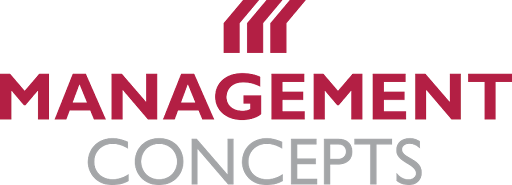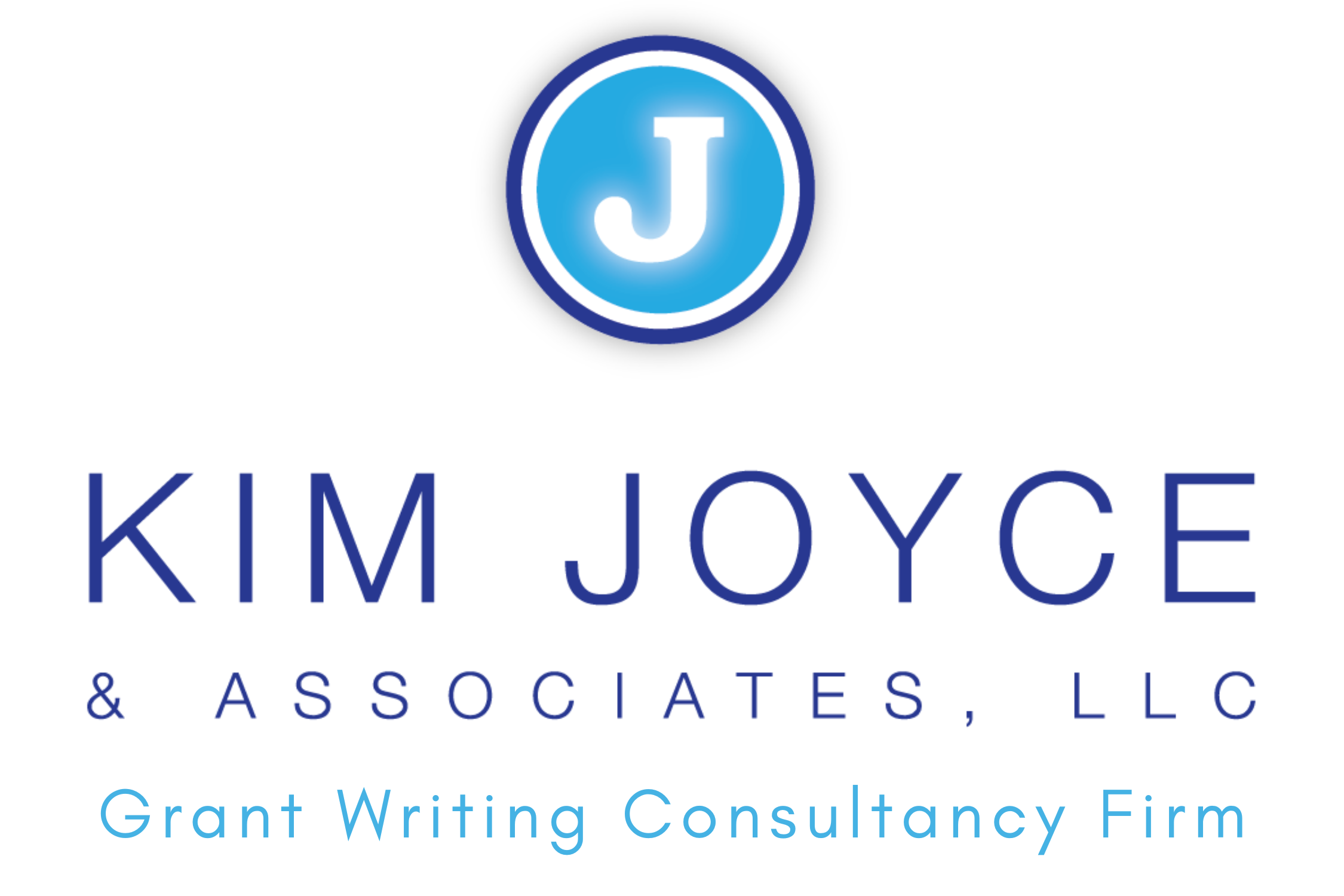|
|||||||||||||||||||||||||||||||||||
| Graduate School | Management Concepts | MyFedTrainer | |||||
|
On-Demand Course Become "customer-driven" and learn how to take service to the top, inspiring others to provide quality service. Gain proficiency in identifying your internal and external customers. Discover the latest methods for enhancing customer service and handling problems, including anticipating and responding to customers' needs.
Regain control over your workload, increase your efficiency, and ease your stress. Learn ways to dig out from beneath the mountain of paperwork, emails, and assignments, and eliminate anxiety over and frustration about your many responsibilities. Discover strategies for goal setting and prioritizing, as well as methods for overcoming procrastination. Learn to handle professional challenges with confidence!
Develop superior customer service by learning the basics of effective communication to successfully interact with internal and external customers. Become adept at recognizing and anticipating the needs of others; being flexible when handling requests and complaints; and spotting and responding to important verbal and nonverbal messages.
Develop your ability to give concise briefings that convey your main message quickly and clearly. Learn and practice essential strategies for delivering short structured briefings in this hands-on course. Your briefings are recorded for playback, and your instructor will provide useful coaching and tips.
Learn to create win-win situations and improve work relationships with colleagues, employees, customers, and others. Focus on issues of negotiation, including using multiple strategies, applying the no-fault formula, interest-based methods, and empathy in the negotiation process.
Gain the skills for revising your business documents to improve their clarity and accuracy. The Plain Writing Act of 2010 mandates that government documents be easily understood and well organized. Learn how to revise documents to give your main ideas greater power and emphasis. Become proficient at spotting and correcting common punctuation, capitalization, and abbreviation errors, as well as frequently misused words.
Create documents that achieve results. Learn to analyze each writing situation-focusing on your purpose, reader, and context. Write effective explanations and instructions, using lists, headings, and graphics to get the job done. Write convincing arguments, clearly stating your position and supporting it effectively. Avoid logical fallacies in your writing and learn to spot them in messages you receive. Use writing to convince your reader and achieve real-world results. Use plain language as mandated by the Federal Plain Writing Act of 2010.
Think more clearly by improving your writing. Write more clearly by improving your thinking. Understand critical thinking and learn strategies for deeper and deeper levels of thinking. Improve your thought process at each stage of the writing process. Create logical and persuasive arguments, and recognize and remove faulty logic. Sharpen your problem-solving skills and enhance group success. Write plainly as mandated by the Federal Plain Writing Act of 2011 and empower your career with critical thinking and clear writing.
This course provides a broad overview of project management using a standardized methodology, focusing on how to coordinate the most common (and useful!) project deliverables. In this course, participants will learn how to approach tasks armed with an understanding of project management and its consistent processes.
Online | In-Person | On-site Course Project Management Essentials introduces the Guide to the Project Management Body of Knowledge (PMBOK® Guide) and offers a standardized approach to project management. Participants will use the PMI standard to manage a project throughout its lifecycle; from initiation to closing. In doing so, participants will be developing and using the same proven tools and techniques that experienced project managers use to lead teams to successful project completion.
This course focuses on the leadership aspects of project management.
This introductory course provides core knowledge and practice exercises for participants to directly operate Microsoft Project 2016. Participants use the software to develop a usable project plan, schedule tasks, manage project resources, and more. Participants navigate the Microsoft Project 2016 environment by defining a new project plan, organizing and linking project tasks, optimizing the critical path, setting the project baseline, adding and managing resources to the project plan, setting up resource calendars, resolving resource conflicts, customizing Gantt charts, creating timelines, custom reports and more.
|
|||||
|
Free Webinar The federal grants landscape is more in flux than ever—new policies, funding trends, and compliance requirements are shaping the way federal assistance is managed. This webinar will provide critical insights to help you more effectively steward federal funding.
Virtual / Classroom Training Refresh your grants expertise! This course is designed to help you stay up to date on the changing regulatory and legislative requirements, including everything you need to know about the 2024 Uniform Guidance updates, while reinforcing your knowledge of the grants lifecycle. In this course you will review the key activities aligned with each stage of the grants lifecycle, focusing on recent changes and developments within the grants landscape. This course is designed for grantors and recipients who have a basic understanding of the Uniform Guidance and wish to refresh their knowledge and explore recent updates.
|
|||
|
Training Ongoing self-paced virtual training.
|
|||

 Partner Events Calendar
Partner Events Calendar






